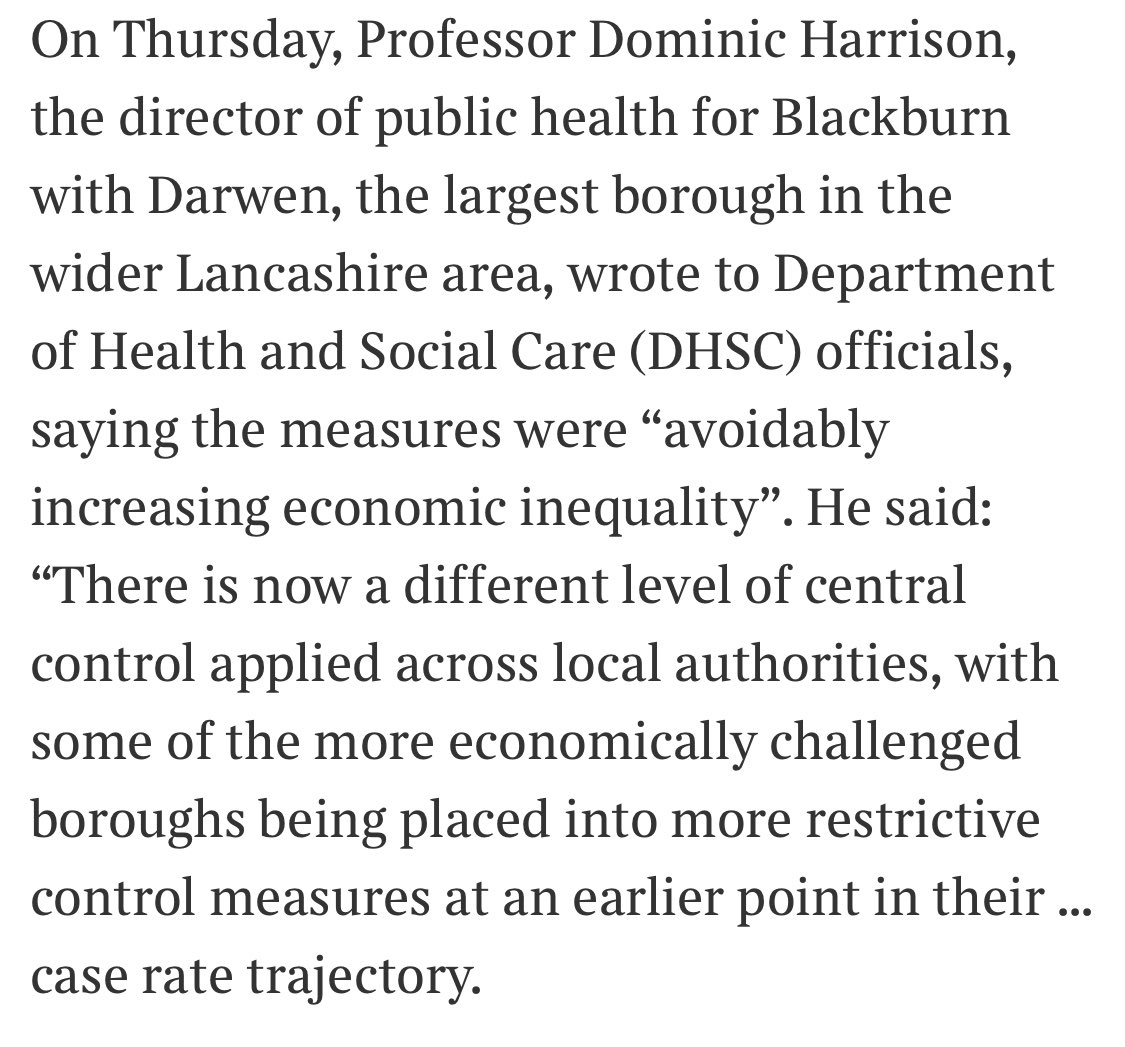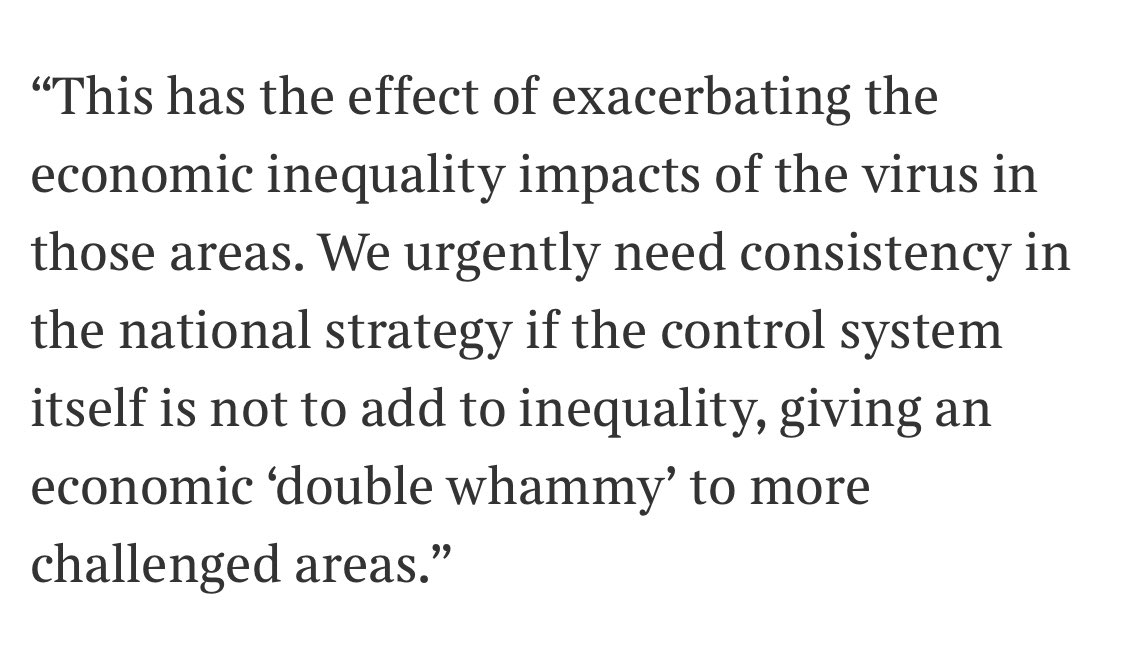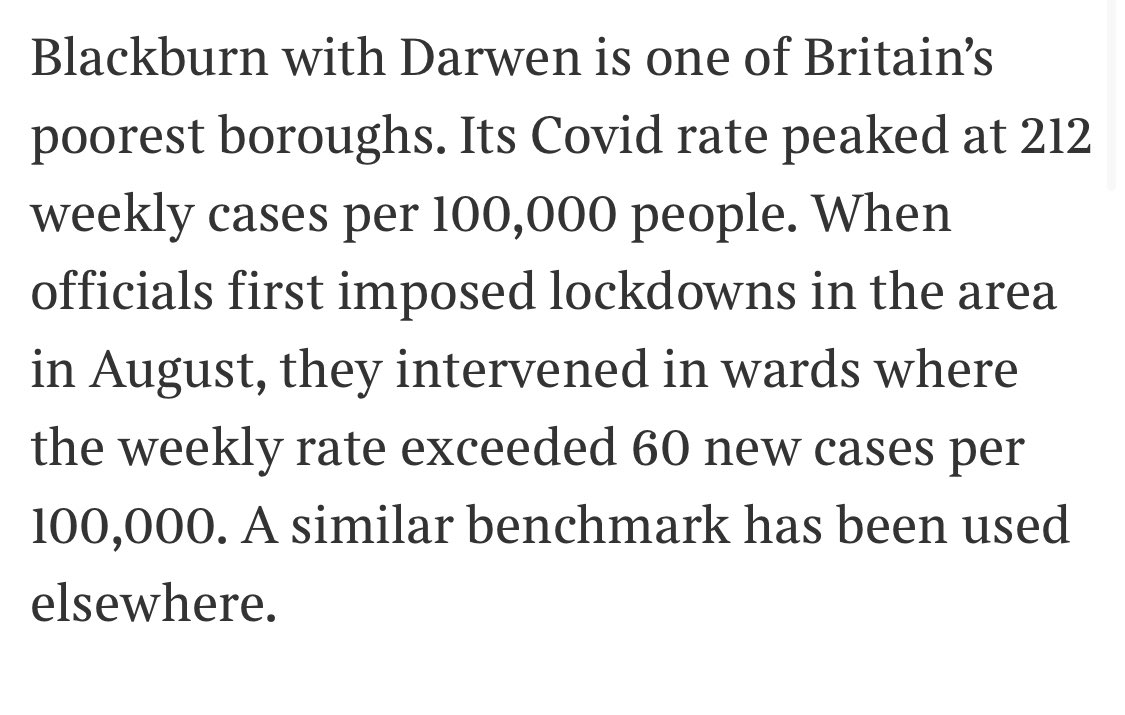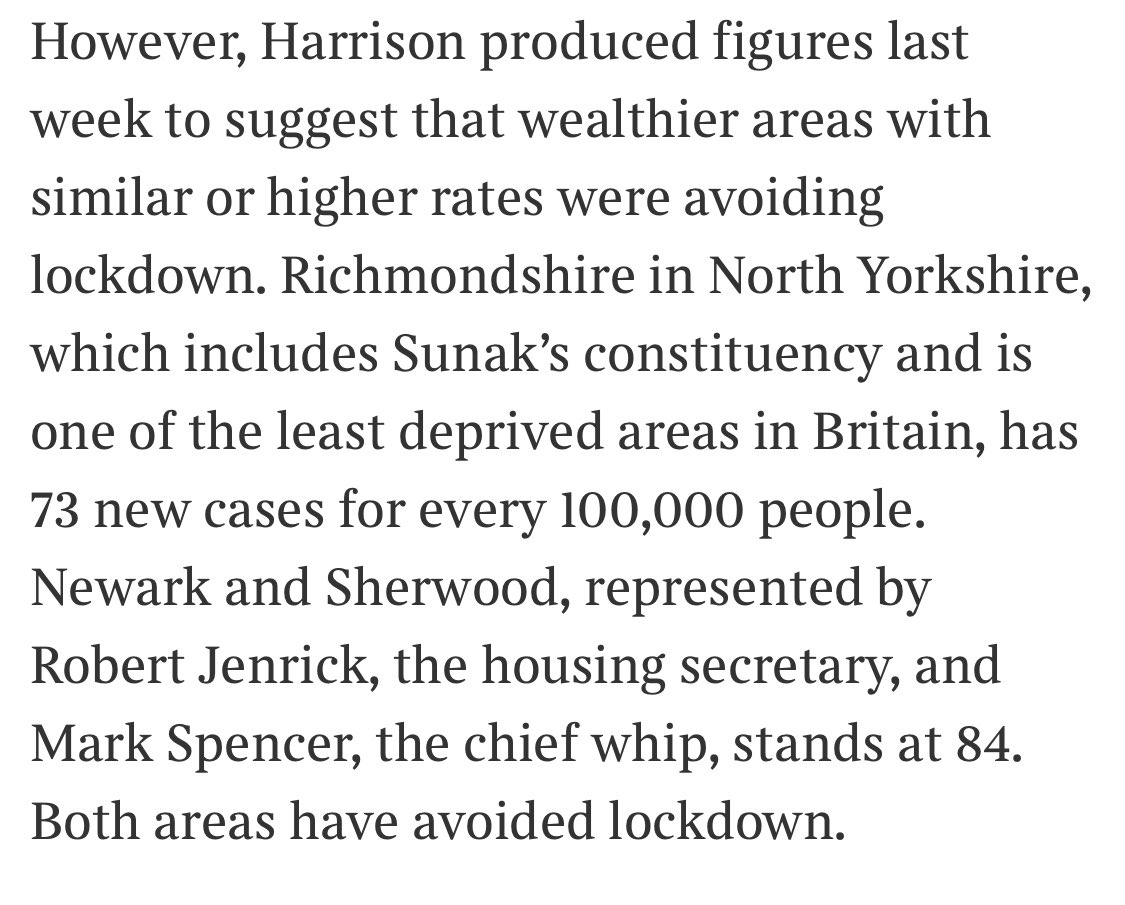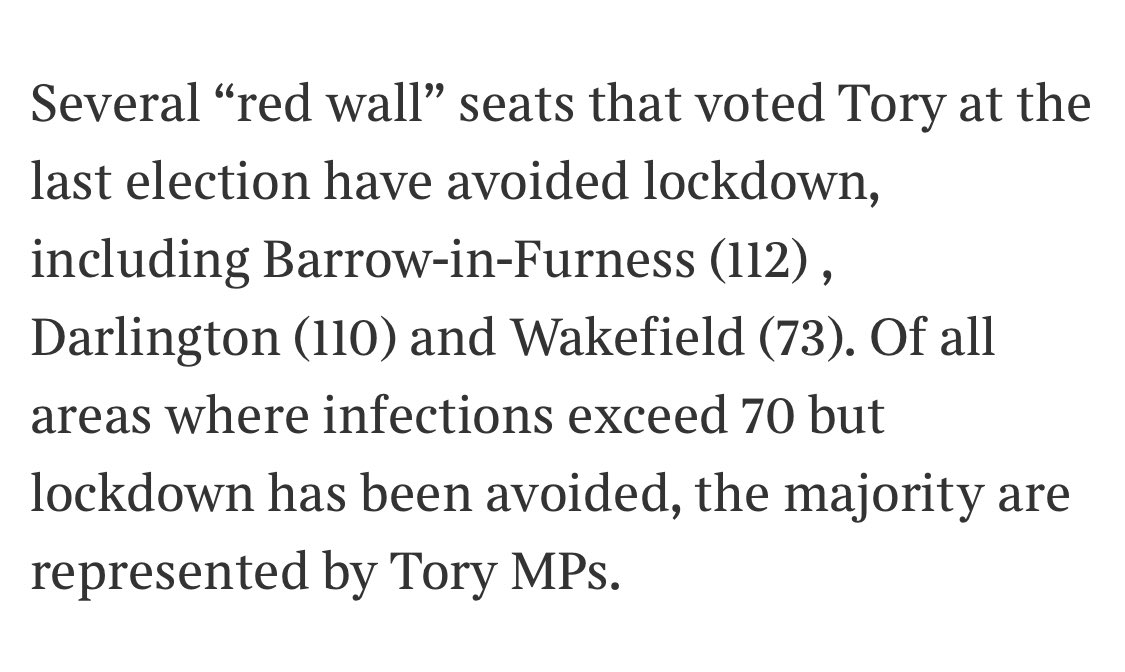
A few comments on the legal background to this (it’s the investigation of Darren Grimes in relation to interview with David Starkey where Starkey made grossly racist remarks).
https://twitter.com/mollygiles2015/status/1314630290556497923
1. For those muttering about New Labour legislation, the legislation at issue, creating offences relating to stirring up racial hatred, is the Public Order Act 1986. It’s Thatcher era legislation (Douglas Hurd being the responsible Home Secretary). legislation.gov.uk/ukpga/1986/64/…
2. The basic offence (s.18) is (so far as relevant) using insulting language which you intend to stir up racial hatred or which is likely to do so. It doesn’t cover simply interviewing someone who then makes a racist comment (the offence, if any, would be theirs).
Nor does it cover a journalist “failing to call [your interviewee] out” for their racism.
3. S.22 does cover “including in a programme service” insulting video images or sounds (eg someone making grossly racist comments) if the broadcaster/producer intends to stir up racial hatred or if racial hatred is likely to be stirred up.
Since Grimes was the producer and broadcaster (as I understand it: it’s his podcast), that is likely to be the issue here. His (putative) liability is in that capacity, not his capacity as interviewer.
There are then various defences for a broadcaster who didn’t intend to stir up racial hatred: no idea that the programme included the material; couldn’t stop it going out (live broadcasts); no reason to suspect that the material was insulting or threatening.
4. Is any of this sensible? Well, the view that there should be restrictions on your ability to stir up racial hatred by your speech is not a “woke” view: unless you count Douglas Hurd and Margaret Thatcher as “woke”.
And if you are going to have those restrictions, they also have to cover those who broadcast such language (just as if you are going to have libel laws, you have to cover those who broadcast the libel as well as those who originally make it).
“I was just passing on what he said, nothing to do with me” is not a principled defence, in either case.
None of the particular defences for broadcasters seem to apply (Grimes knew what he was broadcasting and could have stopped it.) The real issue here is whether broadcasting Starkey’s remarks was likely to stir up racial hatred (accepting that Grimes did not intend to do so).
Importantly, in interpreting and applying that test (and the 1986 Act generally) you have to hold in mind the right to free expression in the (Blair era) Human Rights Act (ECHR Art 10).
FWIW my view is that it seems to me to be somewhat implausible that putting out Starkey’s racist and stupid comments on Grimes’ podcast was likely to have stirred up racial hatred. (More likely to stir up the reaction that Starkey was a racist idiot for making the comments.)
But since the remarks were (as everyone accepts) grossly racist and were broadcast, that is the question that the police have to address.
As it happens, I see a lot of force in @sundersays’ typically balanced and nuanced take (though I’d like to be clear what the Met has actually done before condemning it for over-reaction).
https://twitter.com/sundersays/status/1314822824503148545
• • •
Missing some Tweet in this thread? You can try to
force a refresh

